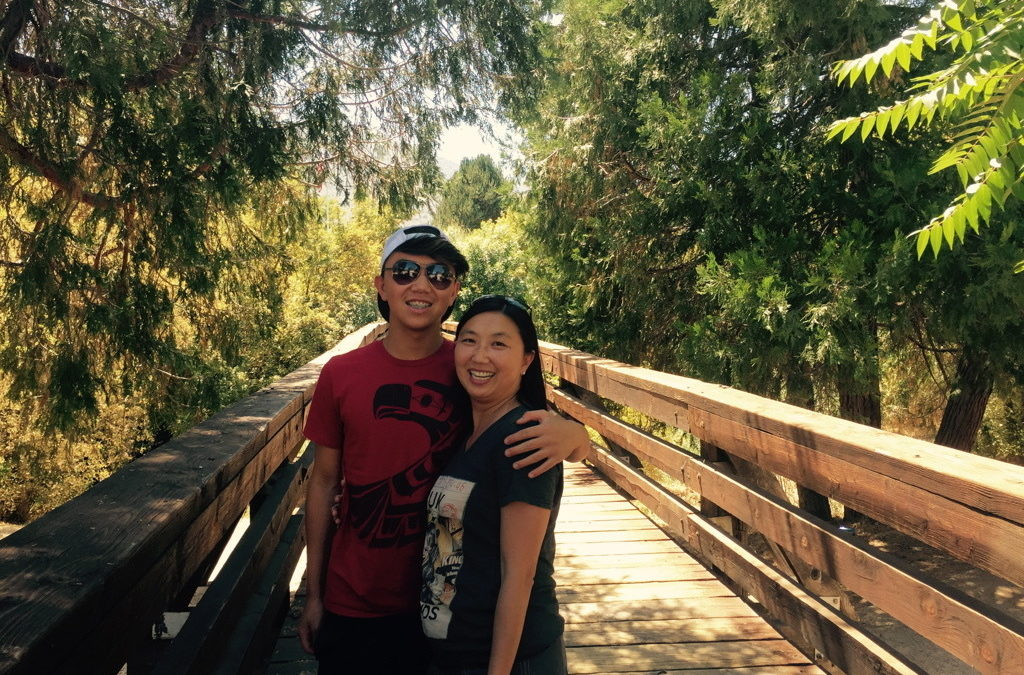When Dragon was a toddler and we were teaching him to count, he would insist on doing things his way.
“One, two, three,… five, six…” he would say.
“Dragon, are you sure?” we’d ask.
“One, two, three,… five, six…” he would reply.
We’d raise an eyebrow, waiting for him to realize what he’d left out. But over and over, he’d count the same way. Finally, one day, we decided to call him on it.
“Hm,” Daniel said, “Can you please try that again?”
“One, two, three,… five, six…” Dragon said once more.
“Dragon,” Daniel responded, “You forgot four.”
Dragon looked Daniel calmly in the eye and explained, as if it should have been patently obvious: “Daddy,” he said, “I don’t NEED four.”
This Thursday, November 4, is Dragon’s birthday. He would have been 21 years old. I wish he were here with us today. I wish Dragon was off at school, gearing up to celebrate this milestone birthday, this transition into adulthood. I wish I could call him up to talk what he did this weekend, or whether he’d be home for Thanksgiving. I wish I was doing anything but what I’m doing, which is wondering once again how I celebrate the birthday of my firstborn who was killed when he was 14.
Six years out, and the emotions remain the same. Emptiness. Loneliness. An unconsolable desolation.
The analogy my friend Carla gave me that first month still holds. The waves of grief still knock me over. It doesn’t take much — walking out my front door at dusk, anything by Jason Mraz, fresh guacamole — so many mundane reminders can take me out if they hit a certain way. These waves of grief wash over me, and plunge me underwater. Like a pebble in the surf, I’m tossed and turned. When I can finally surface, I gasp for air, I blow my nose. I stand and make my way back onto firm land. I wipe my tears. I get on with my day.
So when they say, time heals all wounds, for me, that means that this tidal wave of grief happens about only once every two weeks. It used to happen every hour, every day. So two weeks is an improvement.
The five stages of grief? The stages feel accurate, but “stages” is misleading because the process not linear. You don’t move from one stage to another, like a train headed for a destination: Denial, Anger, Bargaining, Depression, Acceptance. I once thought that if I looked hard enough, I could find a map, or that someone — a therapist, a pastor, a friend — should be able to guide me out of this strange and terrible land. But grief isn’t like that. Grief is a spider’s web of emotions that I transverse on a daily basis: denial, depression, anger, depression, bargaining, acceptance, depression.
That last stage, Acceptance, has another name. That last stage is also called Hope. I make no bones about the fact that I feel all the stages, all of the time, but I try to reside in Hope, for no other reason than that’s the better zip code. Who wants to live in the other stages? Not I, when I can help it.
Hope, coincidentally, is Hannah’s middle name. Hannah was born in the year following 9/11, when we, and the world, needed something positive. Hannah has always represented Hope. In the midst of losing our son, we held on to our sanity in order to parent our daughter. Hannah has always given us a reason to keep going, a reason to hope.
But I also know that it’s too much to ask Hannah to bear that burden alone. So I also place my hope in other things. In my faith. In friendships and family. In art and music, in poetry and beauty. In finding purpose to life through the work of the Dragon Kim Foundation. These things all give me hope.
But meanwhile, November 4. A birthday for Dragon, who doesn’t need four.


Recent Comments